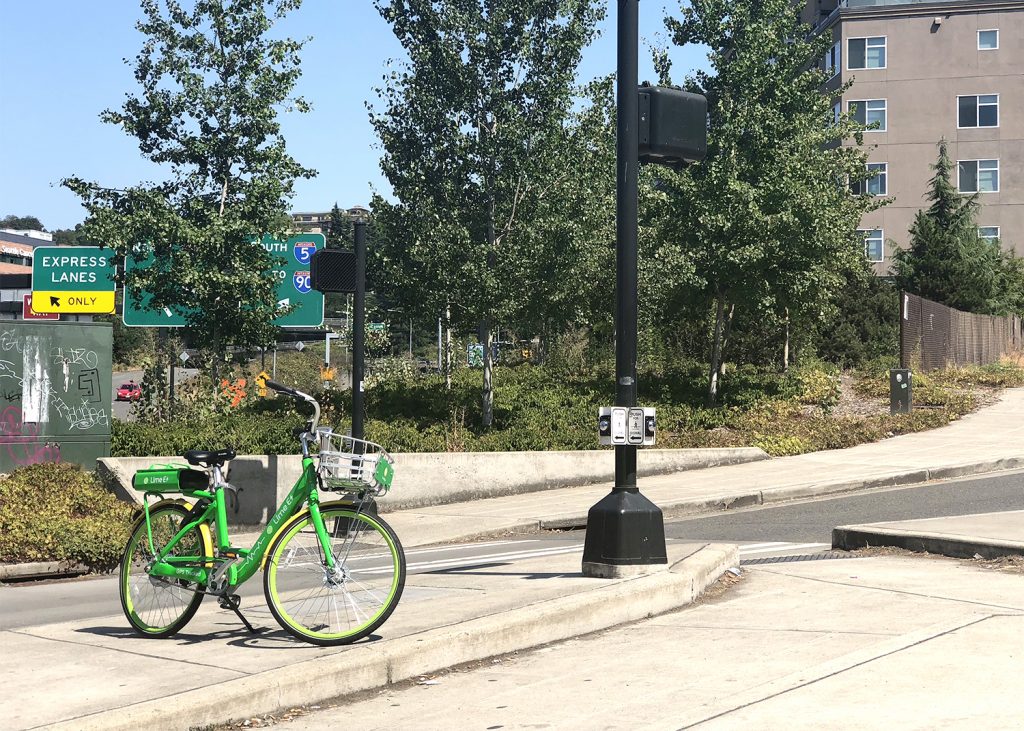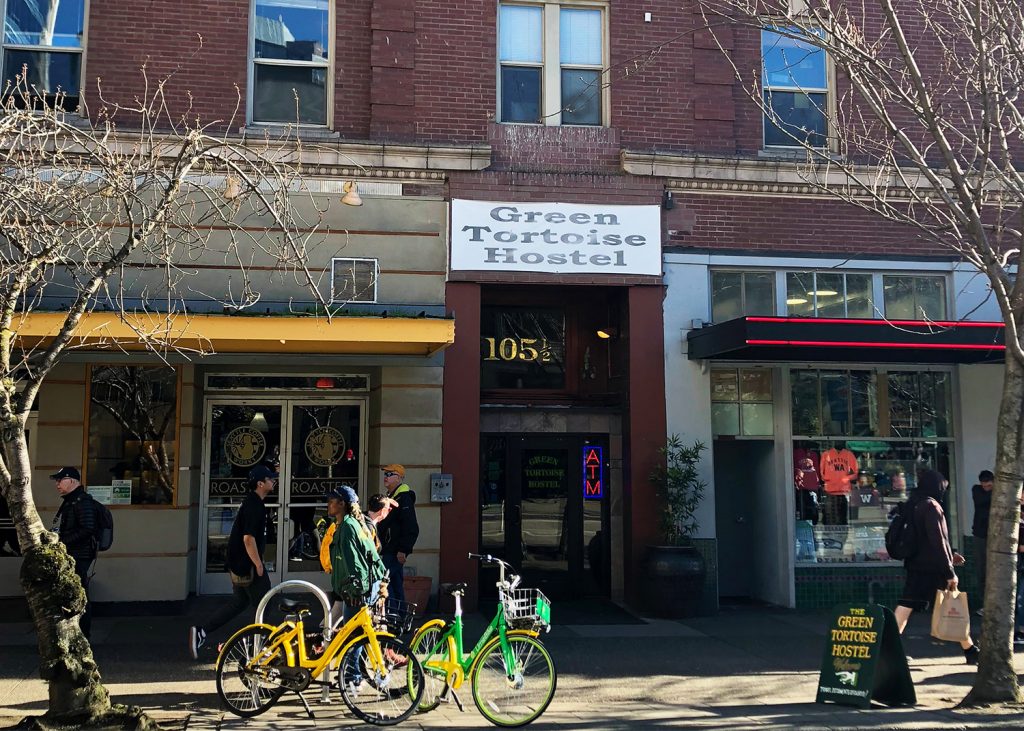
Last week the Seattle City Council passed an ordinance expanding the city’s bike share pilot program. The new permit rules assembled by the Seattle Department of Transportation (SDOT) will require current bike share companies to reapply.
The pilot program currently includes Lime, Ofo, and Spin. Ofo announced that they will be leaving Seattle once their permit expires. Recommendations for the new permit process and rules were based off learnings from an evaluation of the pilot program.
During the pilot period 1.4 million rides were taken on bike-share bicycles. May 2018 saw more than 200,000 rides. The activity was heavily concentrated in the city center, U District, and Burke-Gilman Trail. The Industrial District, Rainier Valley, and Georgetown performed better than expected. However, the north and south edges of the city, and southwest Seattle were under-represented.
The biggest challenge during the city’s bike share pilot program was bicycle parking. The evaluation found that 70-80 percent of bikes were parked correctly and 15-25 percent of bikes were parked incorrectly, but not fully blocking pedestrian access. Meanwhile, 5 percent of parked bikes were fully blocking pedestrian access.

Results of the evaluation led SDOT to the conclusion that the permit system should be annual and competitive, which allows the city to evolve as circumstances change. SDOT plans to expand the bike share system from its previous max of 10,000 to 20,000 bikes. The new fleet will be divided among four companies instead of three.
The permit fee for companies will increase from $150,000 to $250,000 annually. This will raise $1 million for administration, audits, and development of more parking spaces around the city. SDOT plans to hire a third-party company to conduct the unannounced semi-annual audits of parking, bicycle maintenance, and data to ensure compliance.
Bike share companies will be encouraged to incentivize good user behavior by facing penalties for bad user behavior. Additional demands include timely responses, re-allocating bicycles to under-represented parts of the city, rolling out programs for low-income residents to access higher end bicycles, and creating options for those without smartphones and credit cards.
